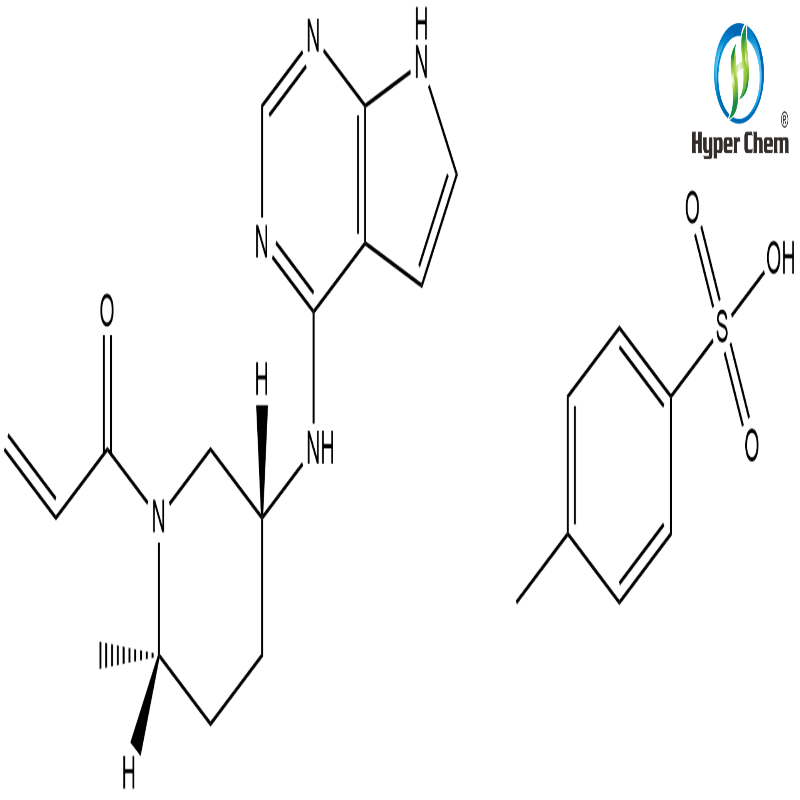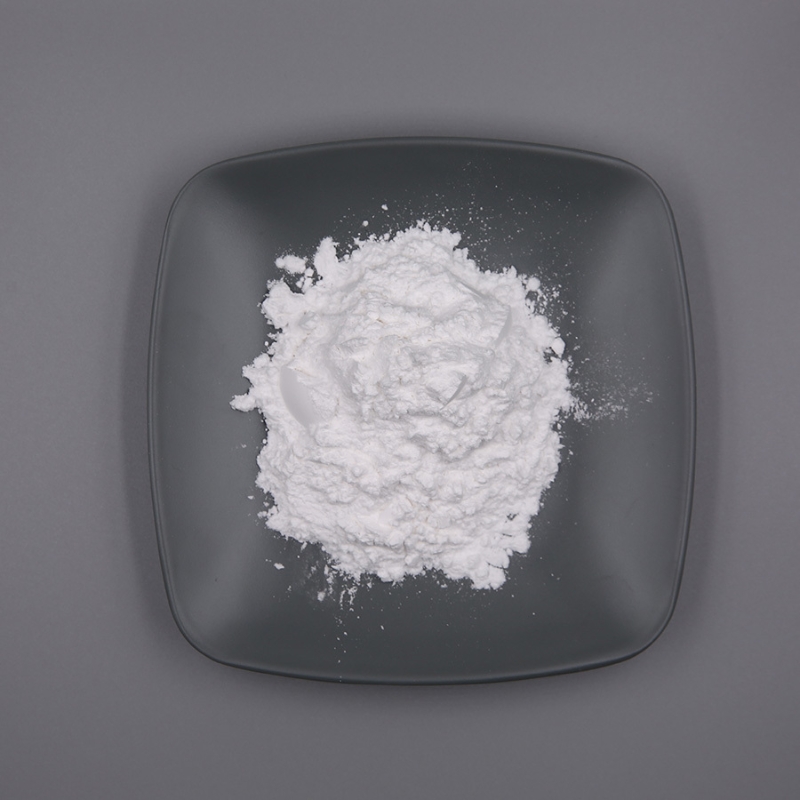-
Categories
-
Pharmaceutical Intermediates
-
Active Pharmaceutical Ingredients
-
Food Additives
- Industrial Coatings
- Agrochemicals
- Dyes and Pigments
- Surfactant
- Flavors and Fragrances
- Chemical Reagents
- Catalyst and Auxiliary
- Natural Products
- Inorganic Chemistry
-
Organic Chemistry
-
Biochemical Engineering
- Analytical Chemistry
-
Cosmetic Ingredient
- Water Treatment Chemical
-
Pharmaceutical Intermediates
Promotion
ECHEMI Mall
Wholesale
Weekly Price
Exhibition
News
-
Trade Service
January 16, 2021 / /--- bad news? COVID-19 may last for a long time.
good news? A new study suggests that it may end up being just another mild illness, which can cause inconvenience and discomfort, but few people are hospitalized or die.
the results of the study, published online January 12, 2021 in the journal Science, are titled "Immunological dynamics govern the transition of COVID-19 to endemicity".
from Science, 2021, doi:10.1126/science.abe6522.
's this happening? This theory is rooted in the epidemiological patterns of the other four coronavirus.
they've been in circulation for a long time.
fact, they become epidemics, which means that most people become infected and develop immunity in childhood to protect adults from serious diseases (although there is a risk of re-infection).
based on this trajectory, a team of researchers modeled what might happen in the future if most people were similarly exposed to the new coronavirus SARS-CoV-2 in childhood.
"In the vast majority of cases, the human coronavirus (HCoV) causes only the common cold, which means upper respiratory tract infections," said Jennie Lavine, a postdoctoral researcher in the Department of Biology at Emory University in the United States and author of the paper.
," she added, adding that about 15 percent of adults have the common cold, which is thought to be attributable to HCoV.
sometimes lead to lower respiratory tract infections, especially in very young children and the elderly," said Lavine, a researcher at the hospital.
only in rare cases, in particularly vulnerable populations, do they cause more serious diseases.
," she said, "it looks like coVID-19 is likely to end up playing out this way."
" but no one knows exactly when, she cautions, with forecasts ranged from one to 10 years.
's probably not going to happen at all.
Lavine cites a number of factors that could affect future development.
factor is the speed at which SARS-CoV-2 will spread in the near future.
factor is the speed with which the public will be vaccinated in the coming months.
how many infections and/or vaccinations will eventually be needed to trigger strong and lasting immunity remains to be seen.
another question is the extent to which natural infections and/or vaccinations can completely block the spread of the virus, and how long they can block serious diseases that may develop after infection.
the notion that SARS-CoV-2 will indeed become popular and mild is based on the basic assumption that the disease continues to appear relatively mild or even asymptomatic in most infected children and adolescents.
, Lavine cautions, it would be a bad sign "if the infection in children becomes more serious than it is now."
"We have no reason to doubt that this will happen, but if it does happen, the long-term outlook will be even bleaker."
"Another worry?" SARS-CoV-2 may mutate in a way that destroys broad immunity.
Lavine said, "However, as long as the virus evolves slowly enough, people are exposed to new virus variants, and they still have some immunity from vaccine and/or previous variants of blocking disease, and we expect the disease to remain mild."
"but one thing is clear, she said, "we can influence the pathways of the disease epidemic."
impact of "The New World?" One approach is to reduce transmission rates as much as possible "to reduce deaths and prevent overburdening the hospital system" before vaccinations become widespread.
another way, she says, is to get vaccinated, "especially if you're at a higher risk of serious illness."
even after vaccination, everyone may be infected with the virus at some point, the vaccine is likely to alleviate your symptoms."
by Dr. Sandro Cinti, a professor of infectious diseases at the University of Michigan.
said, "It's a modeling study.
and it makes sense.
but the timeline is 5 to 10 years from now.
, over time, changes in the clinical manifestations of the disease may occur without the distribution of any vaccines we now deploy.
, but at the same time, you could have millions of deaths.
't need to happen.
" Cinti stressed, "so people shouldn't think they don't need to be vaccinated."
vaccine is very important at the moment.
this is an academic paper, but also an academic practice.
that it won't happen forever is a little bit of hope for the future.
but it's not a strategy.
vaccination is a strategy.
" (Bioon.com) Reference: 1. Jennie S. Lavine et al. Immunological characteristics govern the transition of COVID-19 to endemicity. Science, 2021, doi:10.1126/science.abe6522.2.What will COVID-19 look like years from now?







